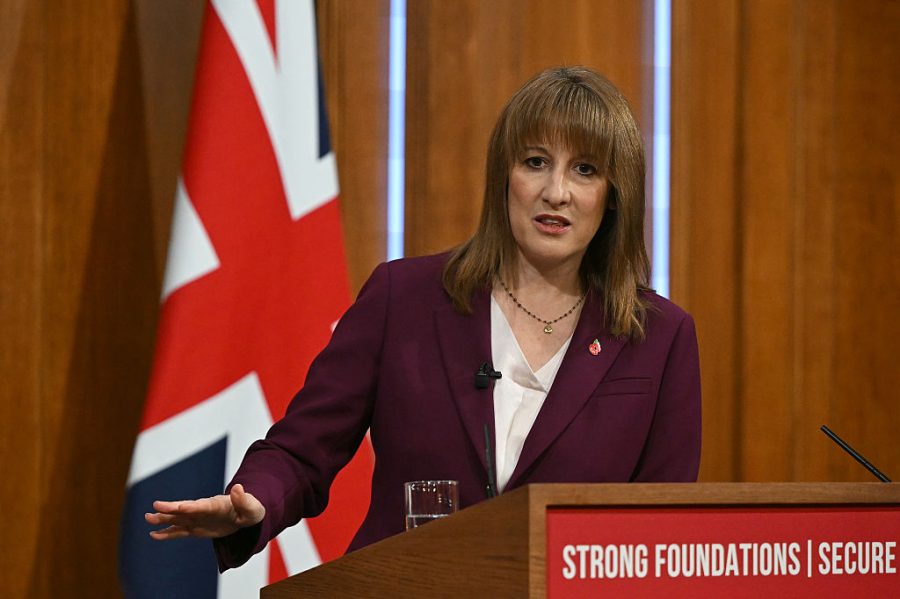There is a very big problem with Jeremy Hunt’s Family Home Tax Guarantee, though which he promises a Conservative government would not increase the number of council tax bands, carry out a council tax revaluation, cut council tax discounts, impose capital gains tax on sales of main homes or increase the level of stamp duty. It reminds voters of all the times that the Conservatives have jacked up property taxes in the past 14 years.
No-one paid more than 4 per cent on any sale. George Osborne soon changed that
When David Cameron become Prime Minister in 2010, stamp duty was levied at 1 per cent on homes sold for between £125,000 and £250,000, 3 per cent on homes sold for between £250,000 and £500,000 and 4 per cent on homes sold for over £500,000. No-one paid more than 4 per cent on any sale. George Osborne soon changed that. In 2011, he introduced a 5 per cent rate on homes sold for over £1 million. The following year he was back again, imposing 7 per cent stamp duty on sales above £2 million. In 2014, he reformed stamp duty so that it was no longer imposed as a single rate on the entirety of a property’s value but, like income tax, was imposed in bands. While the stamp duty bill for some buyers at the bottom end of the market was reduced, those at the top found themselves paying a whacking 12 per cent marginal rate on any value above £1.5 million. From 2016, investment properties and second homes were hit with an extra 3 per cent rate of stamp duty.
From this April, councils have been granted the right to charge a 100 per cent council tax premium on second homes and properties which have been empty for more than a year. Homes which are uninhabitable while they are undergoing renovation are supposed to be exempt, though as some buyers have found they have nevertheless been hit with huge bills after buying derelict properties. The surcharge is in danger of producing the perverse outcome that more homes will remain empty – if developers wanting to do them up and sell them on are hit with large tax rises they are less likely to buy these homes in the first place.
While it is nice to know that the Chancellor is prepared to commit himself to ruling out any further rises in property taxes, his challenge to Labour to match his Family Home Tax Guarantee does raise an import issue: is it really wise for political parties to try to tie themselves down by ruling out tax rises when they have no idea of what fiscal conditions will be in a couple of years’ time? The pandemic and the 2008/09 financial crisis dramatically changed the public finances in ways which could not have been foreseen at the preceding elections. The last thing that a government needs in such circumstances is to be thwarted by manifesto promises.
Moreover, would it really be such a bad thing if, say, the next government introduced extra council tax bands? At the moment, we have the absurd situation where the owner of a 12 bedroom mansion in Central London can pay less council tax than the owner of a flat in Blackpool (this year a band H property in Westminster will be liable for a bill of £1946, less than the £2024 due on a band C property in Blackpool). If a Starmer government were to reform the council tax system so that bills are more proportional to a property’s value, many people would consider that a good idea.
Neither would it be unfair if the burden of taxation were to fall a little more heavily on existing homeowners through council tax and a lot less heavily on homebuyers through stamp duty. The latter is a tax on mobility which is helping to discourage people from moving around the country to look for better work – something you might think the government ought to be encouraging. The present government has been guilty of greatly increasing the tax burden on homebuyers. But by now trying to freeze the system of property taxes as it is, Hunt is attempting to rule out what could be sensible reforms.








Comments